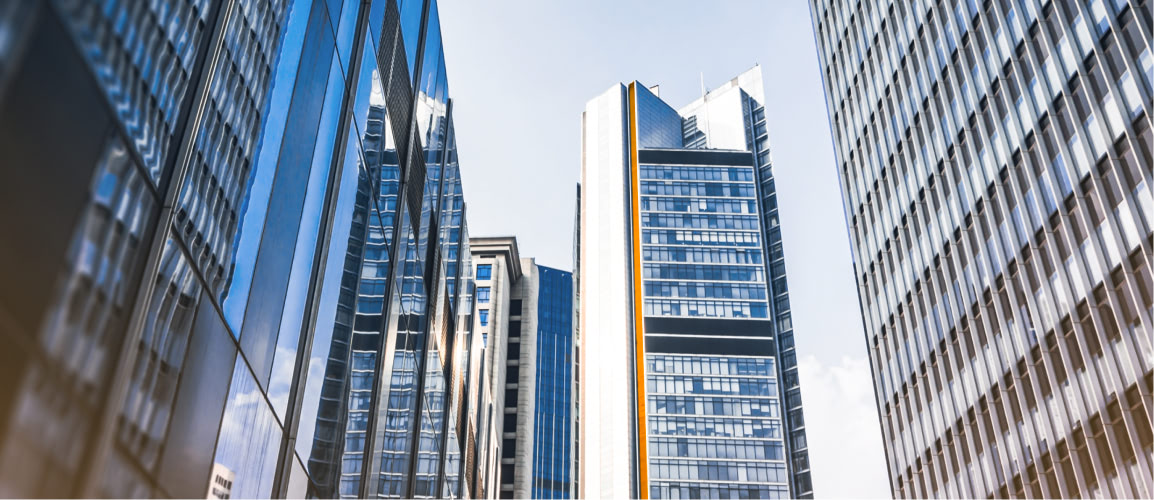How Does the Global Economy Impact U.S. Commercial Real Estate?
June 10, 2015
This summer has not been a model of global economic stability. The question is, what are implications of financial turmoil in other countries on the U.S. commercial real estate market?
As of this writing, it appears likely Greece will work out a deal with its creditors rather than exiting the Eurozone. A ‘Grexit’ would not have boded well for Spain, a larger economy with major debt issues. And Europe still faces the threat of a third recession in six years and dangerously low inflation, slipping into deflation for a couple of months this year.
In other parts of the world: China’s stock market has fallen back to earth after a months-long bubble, erasing trillions of dollars in paper value; Russia’s economy continues to suffer under international sanctions on top of low oil prices, with 16 percent inflation and a 4-point jump in poverty in the past year; Central Asia has been negatively impacted by the slowdown in Russia’s economy an International Monetary Fund report; and Brazil is struggling with austerity measures after its default last year.
Although Great Britain, Japan and some Mideast countries have improved, only the U.S. has seen sustained GDP growth and employment gains over several years. Our stability has served as a magnet for global investment, including tens of billions of dollars directed at commercial real estate. As investors around the world seek a safe haven to preserve and perhaps increase their wealth, they’ve given an extra boost to an already-thriving U.S. real estate market.
Does that mean more economic turmoil in other countries will continue to be good for our business? Not necessarily. Too much investment could drive the dollar even higher, dampening the global investment appeal and dragging at the earnings of U.S. based multinationals. And too much instability isn’t good for anyone, as a major upheaval in Europe or China would hurt the U.S. economy, thus reducing real estate demand.
More directly, excessive foreign investment in U.S. real estate could end up distorting market values and leading to a commercial real estate bubble, as happened in the late 1980s, leading to the worst crash our industry has seen. What we’re seeing today is that the influx of foreign capital is just one component of rising values, which are generally in line with increased cash flows. Let’s hope that the world’s other big economies stabilize and the inflow of capital to real estate remains healthy and sane.
About Jack Mullen of Summer Street Advisors:
As Founder & Managing Director of Summer Street Advisors, Jack Mullen leverages decades of experience in valuation, underwriting, and risk management to lead multi-million and multi-billion dollar CRE transactions.
Previously with GE Capital and large institutional banks, he has shaped investment strategies for some of the industry’s largest deals. A recognized leader, his insights are featured in GlobeSt.com and CREFC Finance World, and he is a sought-after speaker at industry conferences and top universities.
For strategic advice on your portfolio or transaction, contact:
jack.mullen@summerstreetre.com
Media Contact:

